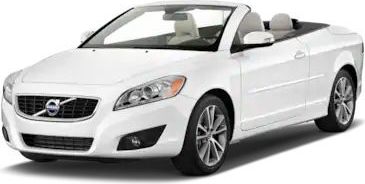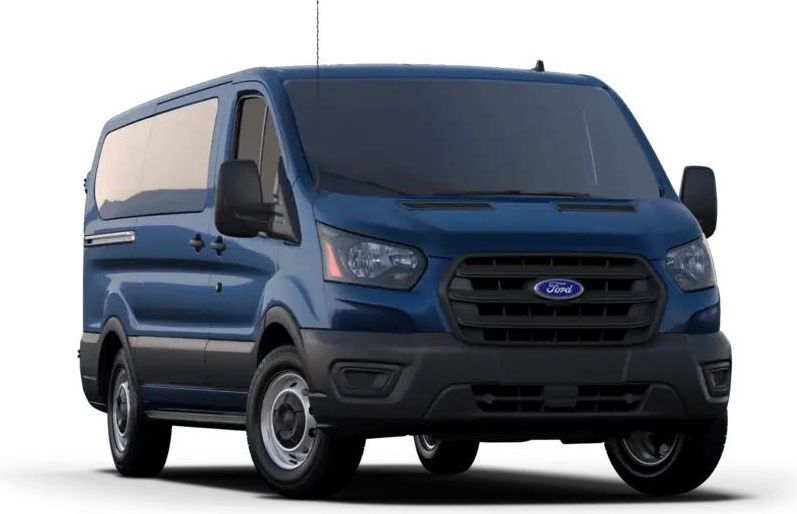Navigating the aftermath of a vehicular accident can be overwhelming. Whether you're grappling with physical injuries, emotional distress, or the complexities of claiming compensation, understanding the causes and consequences of these accidents is vital. This guide aims to arm you with knowledge and resources to steer through these challenging times.
What Causes Vehicular Accidents?
Several factors contribute to vehicular accidents, among which human error stands out as the most significant. Marble City drivers are explained by their Knoxville Truck Accident Lawyers how this encompasses a range of behaviors including distracted driving, often due to the use of smartphones, speed violation, and driving under the influence of alcohol or drugs. Environmental conditions, like ice, rain, or fog, can also sharply increase the risk of accidents by impairing visibility and road grip.

Furthermore, mechanical failures within the vehicle itself, such as brake failure or tire blowouts, although less common, can lead to catastrophic outcomes. Lastly, inadequate road designs or poorly maintained road infrastructure can complicate driving conditions, contributing to accidents. Recognizing and understanding these causes is crucial for prevention and ensuring the safety of all road users.
The Consequences of Crashes
Vehicle accidents aren't just what they seem - they bring a series of profound and long-term consequences. These could be the following:
Injuries
Fatalities
Emotional trauma
Disability
Financial burden
Vehicle damage
Traffic congestion
Environmental impact
Legal consequences
Impact on families
Healthcare system strain
Lost productivity
Community Impact
Public safety concerns
Psychological impact on emergency responders
Car crashes not only pose a financial burden on victims and their families but also damage vehicles, cause traffic congestion, and have environmental impacts. Legal and healthcare systems are strained, productivity is lost, and communities suffer. The psychological impact on both survivors and emergency responders is profound and long-lasting.
How Does Vehicular Accident Compensation Work?
Vehicular accident compensation aims to restore the financial position of the victim to what it would have been had the accident not occurred. It typically covers medical expenses, lost wages, repair or replacement of damaged property, and sometimes, compensation for pain and suffering. The process starts with filing a claim against the at-fault party's insurance.
Evidence such as medical records, witness statements, and accident reports are crucial. Negotiations may lead to a settlement - if not, the case might proceed to court. Understanding your rights and the value of your claim is critical, and seeking legal assistance can be beneficial in navigating the complicated process effectively.
How to Avoid Vehicular Accidents?
Avoiding vehicular accidents primarily involves mindful driving and adherence to safety practices. This includes minimizing distractions by avoiding the use of smartphones or other electronic devices while driving. Regular vehicle maintenance ensures that mechanical failures, such as brake failures or tire blowouts, are less likely to occur. Observing speed limits and adapting speed to road conditions can significantly reduce the risk of accidents.
Additionally, never driving under the influence of alcohol or drugs is a critical rule, as these significantly impair judgment and reaction times. Finally, staying informed about weather conditions and planning routes accordingly can help avoid hazardous driving conditions. Together, these practices promote road safety for all users.

In conclusion, your awareness and proactive measures can significantly mitigate the risks associated with vehicular accidents. By understanding the causes, recognizing the consequences, and actively participating in prevention, you're not just protecting yourself but also contributing to the safety and well-being of the entire community. Stay safe on the roads.




